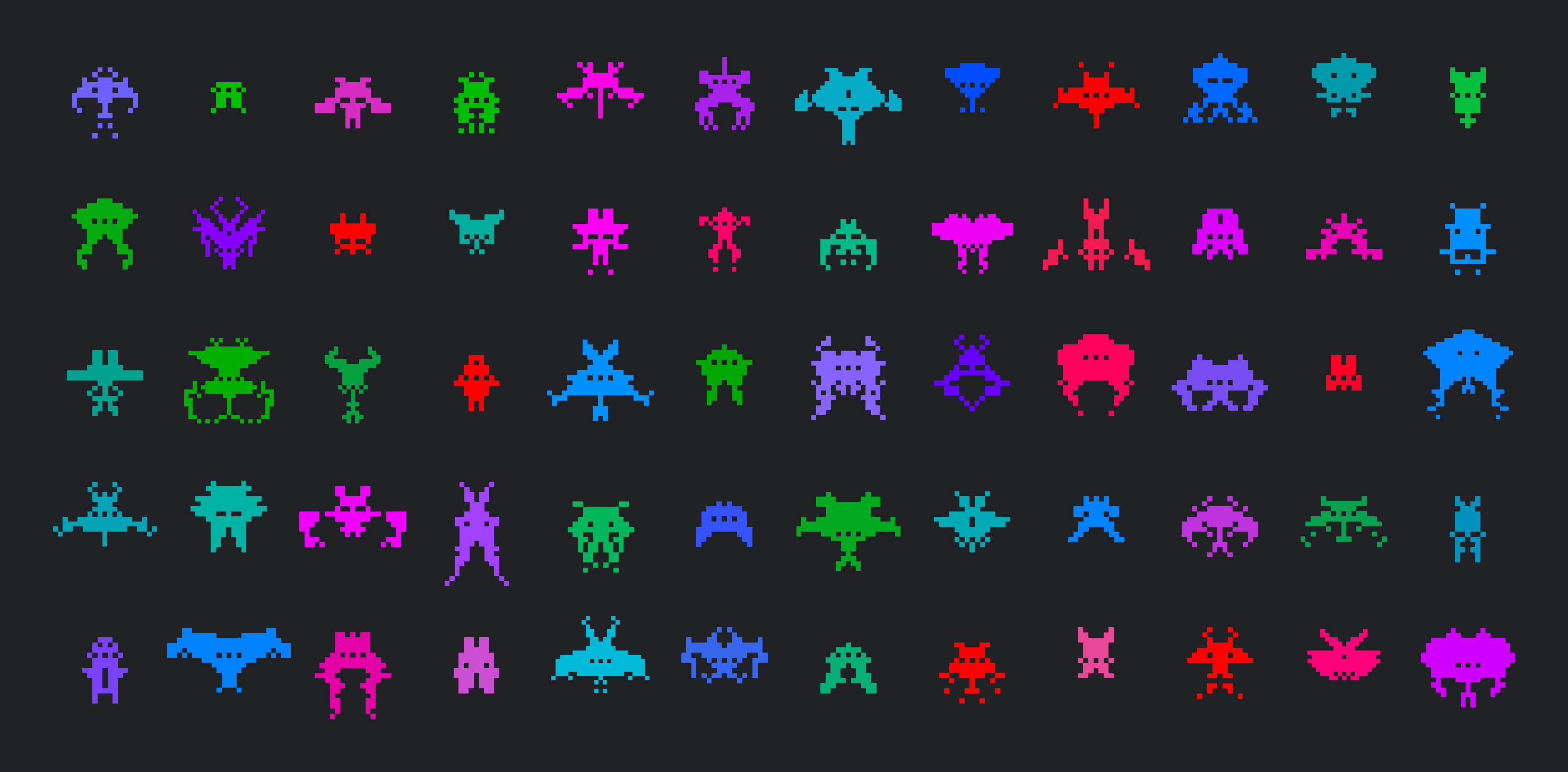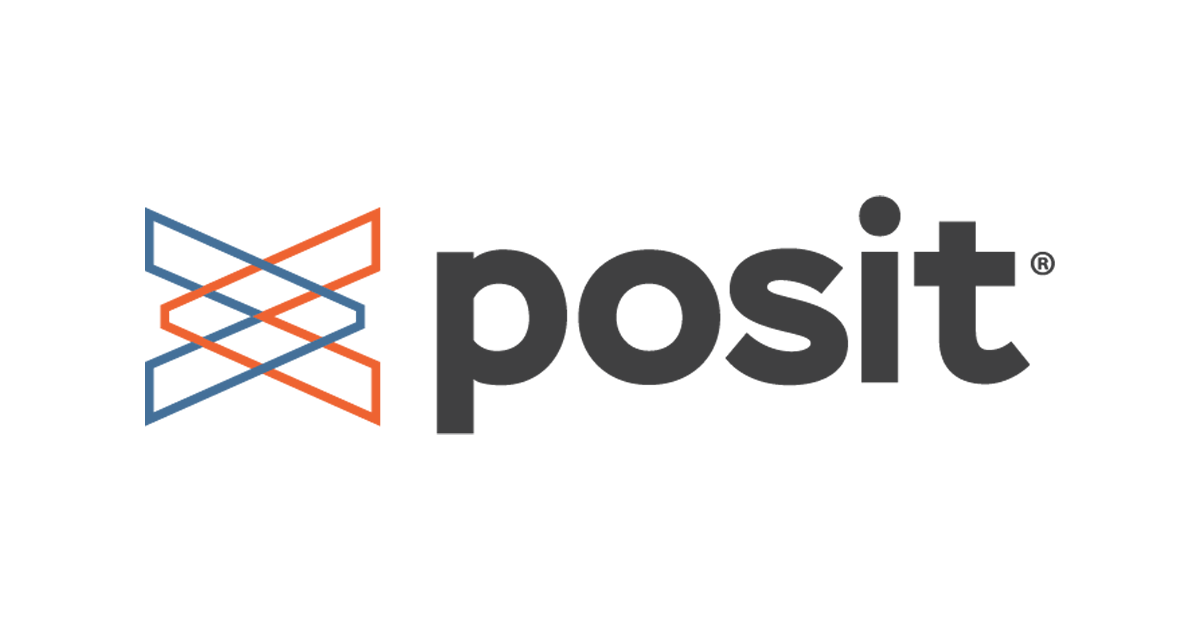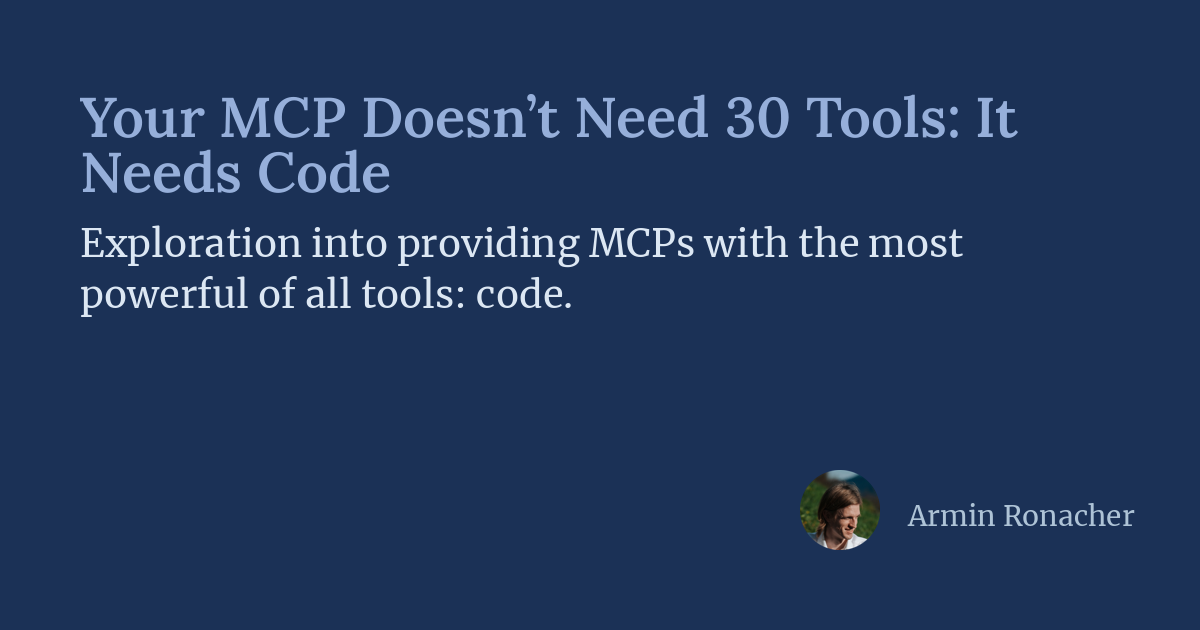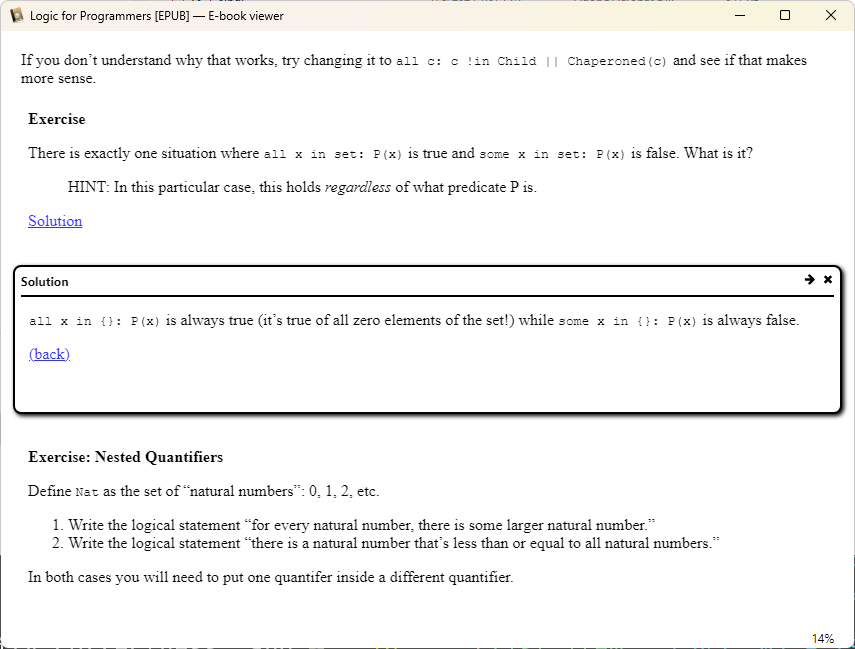Generating Pixel Art Space Invaders with Algorithms

This interactive article details the creation of a Space Invader generator using JavaScript and vector graphics. The author walks through the process, from hand-drawn pixel art to vector polygons and finally pixelated images, explaining the algorithms and techniques involved. This includes using the OKLCH color space for color generation and Anime.js for animation. The article is highly interactive, allowing readers to generate their own Space Invaders.











